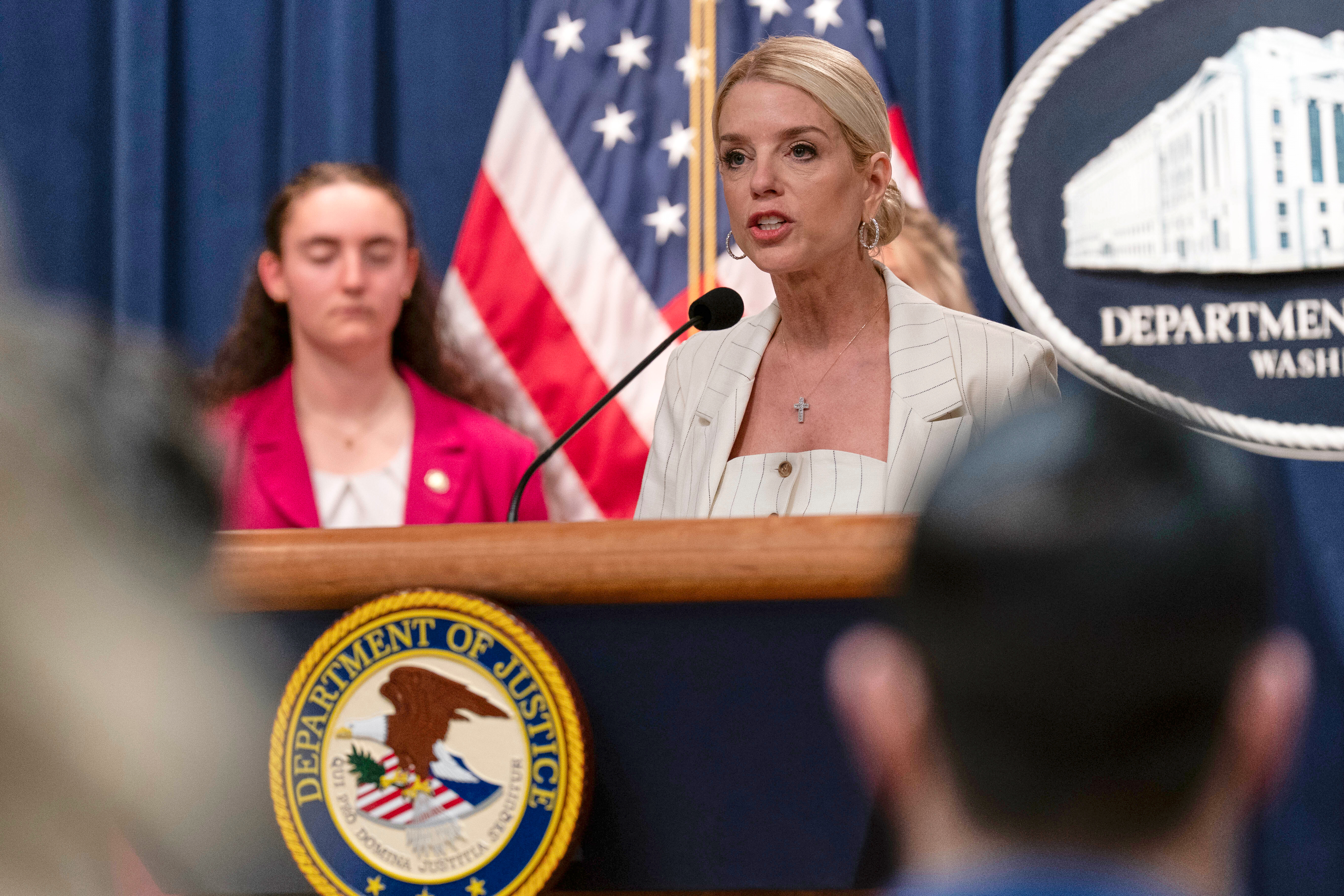Imagine losing your wallet, your credit cards and your checkbook — all at the same time.
It turns out that more and more people are losing access to their money after their bank froze their accounts.
Levi Yisrael is a home rehabber who does a lot of banking to keep his business running. So imagine his shock when he deposited a customer's check, and his bank alerted him it was freezing his assets until they investigated the deposit.
"They sent me an email saying your account has been recommended for evaluation," he said.
He said he could not get a straight answer when he contacted the bank.
"It was like someone reading a computer, saying your account has been red-flagged for your protection," he said.
Yisrael says he used the bank for his business and personal accounts and couldn't pay for his daughter's birthday party the next week.
"My daughter's birthday was April 30th," he said, "and I had no money."

If cash apps fail, consumers could lose billions, feds warn
As several traditional banks have failed this year, federal officials remind users of the risks associated with cash applications.
Spread money over at least two institutions
Bankrate.com's Mark Hamrick says spreading your assets across two or more institutions guarantees access to at least some of your cash if something goes wrong.
"Simply because of the risk of fraud," he said, "that could be associated with a debit card that then denies access to our checking or savings accounts."
Recent bank failures are another reason to weigh your options at least.
As for how many banks you should work with or how many accounts to open, Hamrick says there's no one-size-fits-all answer.
"We just want to have access to our cash," he said, "and having cash in multiple institutions or more than one is one solution for that."
A recent New York Times investigation found more and more banks are freezing accounts if their algorithms flag what appears to be a questionable transaction. We contacted Yisrael's bank, but did not hear back. His accounts were unfrozen after two weeks.
"My checking. My business. My savings," he said, "finally were opened." But he learned a valuable lesson and won't use just one bank anymore.










